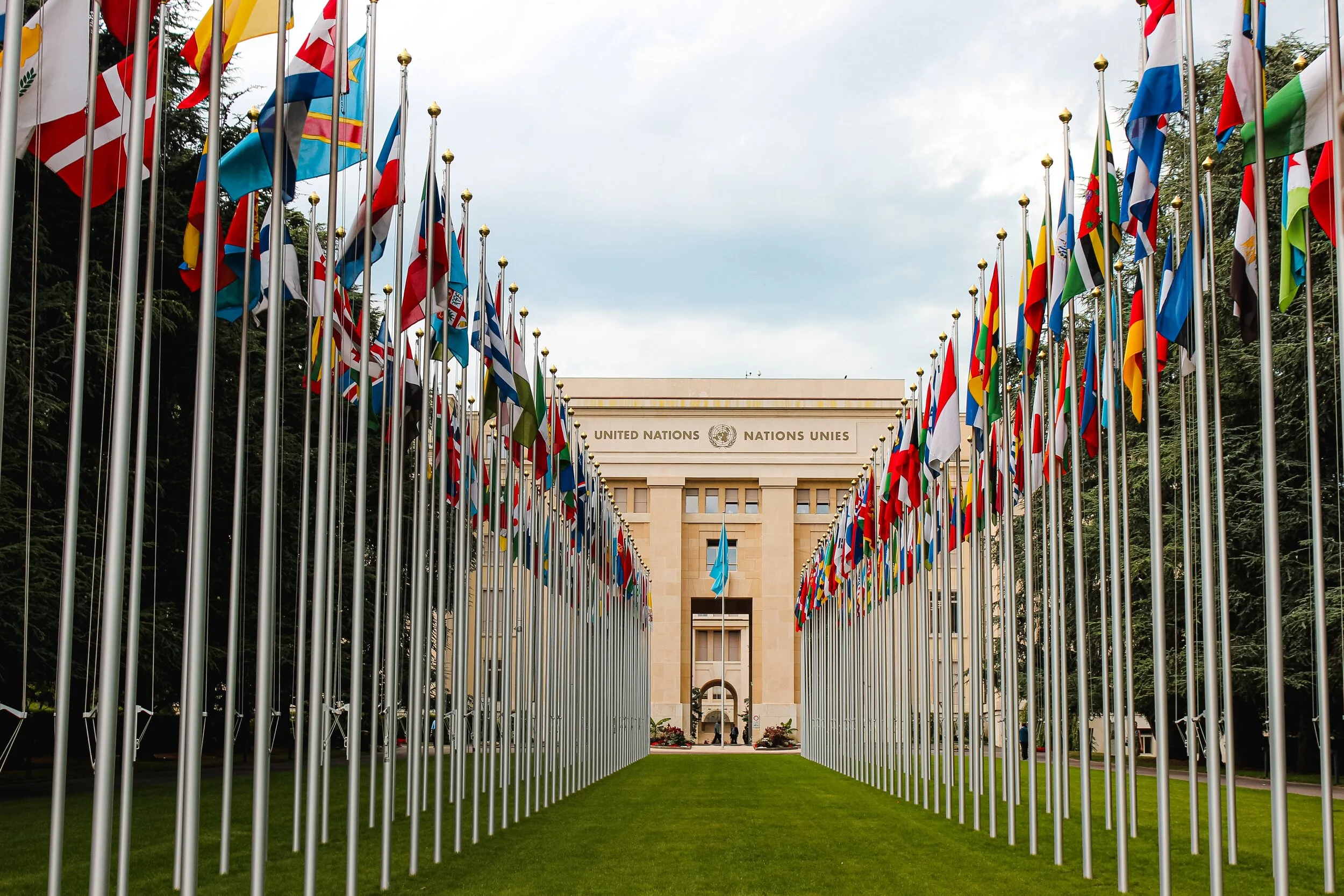New Prosecutor, Same Challenges
With a promise to ‘best serve the cause of justice’, Karim Ahmad Khan was named the new chief prosecutor of the International Criminal Court, making him the future public face and chief strategist of the tribunal responsible for investigating grave national atrocities which demand supranational attention. Khan will be the third person to hold the job when he takes over from Fatou Bensouda, whose nine-year term ends on June 15.
Following a contentious election, British lawyer Karim Khan received 72 votes in a secret ballot, after the 123 voting countries had failed to reach a consensus on any of the shortlisted contenders. Governments objected to Mr Khan’s nomination since a British national already holds the key position of Registrar and another recently obtained a judge’s seat on the ICC bench. Another central issue that divided member countries was whether they wanted an idealist or a pragmatist to address crimes in which major powers may be involved. Mr Khan, who has a reputation for being a hardheaded, charismatic, and articulate communicator, won the votes with his promise “to lead an effort to refocus and re-energize" the prosecution office.
Khan is a well-regarded British lawyer with extensive experience in international justice. He is no stranger to the International Criminal Court, having worked on both defence and prosecution. Among Khan’s more notorious past clients, there is Kenyan Deputy President William Ruto. He was charged with crimes against humanity during the 2007-2008 post-election violence, but the claims were ultimately withdrawn due to insufficient evidence. More recently, Mr Khan led a United Nations criminal probe into suspected war crimes, crimes against humanity and genocide by the Islamic State militant group in Iraq. He is known and praised for his commitment to the victims of human rights violations as well as his “ability, leadership and integrity to address the crisis of confidence”, as stated by a coalition of African NGOs. Starting this summer, it will be Khan’s job to balance his office’s independence with the interests of the international community and the rights of the victims of serious crimes. Often being described as “mission impossible”, this is no easy task, especially in the current challenging climate that the Court finds itself in.
Created in the wake of the genocide in Rwanda and fueled by the ethnic mass murder of the Balkan Wars, the International Criminal Court is the world’s most concerted attempt to hold criminal regimes to account for their actions in a permanent court enforcing international law. Since its foundation 19 years ago, the fledgeling Hague-based court has struggled to make its mark, plagued with accusations of tedious bureaucracy, inflexibility and unaccountability to other authorities. Nevertheless, the Court is here to stay. The ICC is the realization of the demand for a globally enforced human rights court to prevent states from acting with impunity in the treatment of their own civilians while dispensing justice to those who are victims of human rights violations. However, none of this can be achieved without first restoring the credibility, and legitimacy of the ICC. Thus, Karim Khan’s first task must be the repair of the tarnished image of the Court.
Karim Khan’s appointment is pivotal in shaping the court’s image and effectiveness for years to come and ‘ensuring we hold those responsible for the most heinous crimes to account’, as promised by the foreign secretary, Dominic Raab. When Bensouda took office in June 2012, she was expected to bring continuity rather than sharp changes to her powerful office. Times are different now. As Elizabeth Evenson of Human Rights Watch notes, Mr Khan’s election “comes at a moment when the court is needed more than ever and faces both internal performance shortcomings and external pressure about its role”. The prosecutor-elect has the vision to revitalize the ICC. Karim Khan hopes to build confidence in the court’s work by acknowledging past mistakes, making victims the central focus of the court’s work and forging cooperative partnerships with governments. In order to do so, he needs to be responsive to the criticism previously brought to the court in order to reduce tensions and boost general trust.


